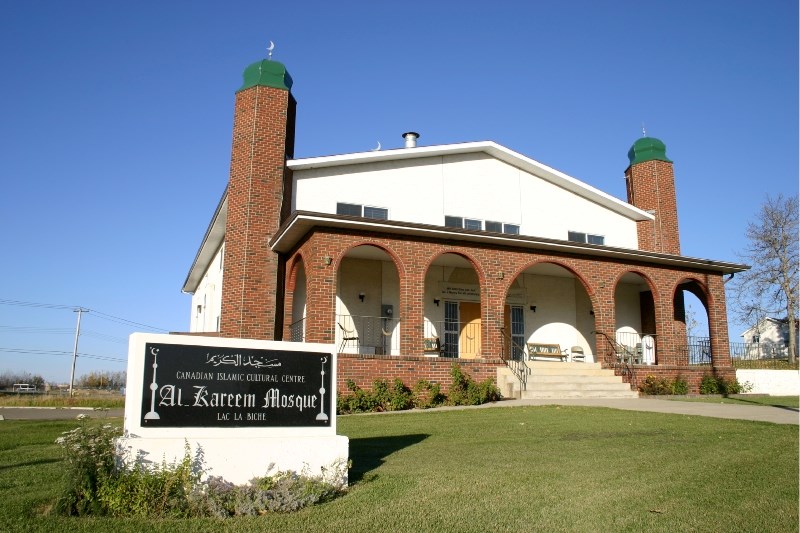LAC LA BICHE - Muslims in the Lakeland region and around the world are observing the holy month of Ramadan. This year, the month-long observance began on March 11.
In Lac La Biche, a community identified as having the highest Muslim population per capita of any Canadian community, Ramadan offers spiritual, cultural and educational significance.
Imam Mohamed at Lac La Biche’s Al-Kareem Mosque says Ramadan is not only important to the Muslim population, but when observed in a small community it can also help to highlight the culture to other community members.
Ramadan is the ninth month of the Islamic calendar and is observed by Muslims worldwide.
Mohamed explained that during Ramadan, Muslims fast from dawn — Fajr — until sunset —Maghrib. In the daylight hours, the faithful abstain from food, drink, and smoking. Fasting, he continued, is obligatory for adult Muslims, with exceptions for certain groups such as the elderly, pregnant or nursing women, travelers, and those with health conditions.
“Fasting during Ramadan is considered one of the Five Pillars of Islam, foundational acts of worship that are obligatory for Muslims,” he told Lakeland This Week. “Overall, fasting during Ramadan is a central aspect of Islamic faith and practice, serving as a means of spiritual growth, self-discipline, and devotion to Allah.”
Mohamed stated that the shared experience of fasting brings communities together, as individuals support and encourage one another in their spiritual endeavors. Furthermore, this religious observance strengthens familial and communal bonds through the collective observance of rituals such as the pre-dawn meal — suhoor — and the breaking of the fast — iftar.
Ramadan also emphasizes the importance of charity —zakat — and acts of kindness towards others, reinforcing the values of generosity and social justice.
“Fasting encourages empathy and compassion for those less fortunate,” the Imam said. “By experiencing hunger and thirst firsthand, Muslims gain a deeper understanding of the struggles faced by the poor and needy.
Correspondingly, Ramadan is a time for Muslims to engage in increased prayer and spiritual devotion. As the Imam explains, believers perform the five usual daily prayers known in the Koran as Salah, but many also participate in additional prayers, including Taraweeh, which are special nightly prayers performed by the congregation of a mosque. Taraweeh, he said, is usually done at the Al Kareem Mosque in Lac La Biche at 9 p.m.
Community is also an important aspect of Ramadan, and during this holy month, Mohamed said, people come together, while mosques host special events, lectures and programs to facilitate spiritual growth and education. Muslims engage in acts of service and volunteerism, such as preparing meals for those breaking their fast or organizing charitable initiatives.
This month of Ramadan lasts for a lunar month. This year, the celebration marking the end of Ramadan — Eid al-Fitr — is expected on April 10.
On that day, Mohamed explained, Muslims once again gather for special prayers. They also exchange gifts, share meals with family and friends, and engage in acts of charity.
“We will have a prayer at the Mosque early on this day then we will have some activities for children and families,” he said. “By the end of the day, we will have a community gathering and supper together.”
The dates involved in this year's observance of Ramadan for Muslim residents coincides with many of the religious events of Easter celebrations for Christian worshippers. Imam Mohammed said the observances are another opportunity for communities to share and learn from each other.


